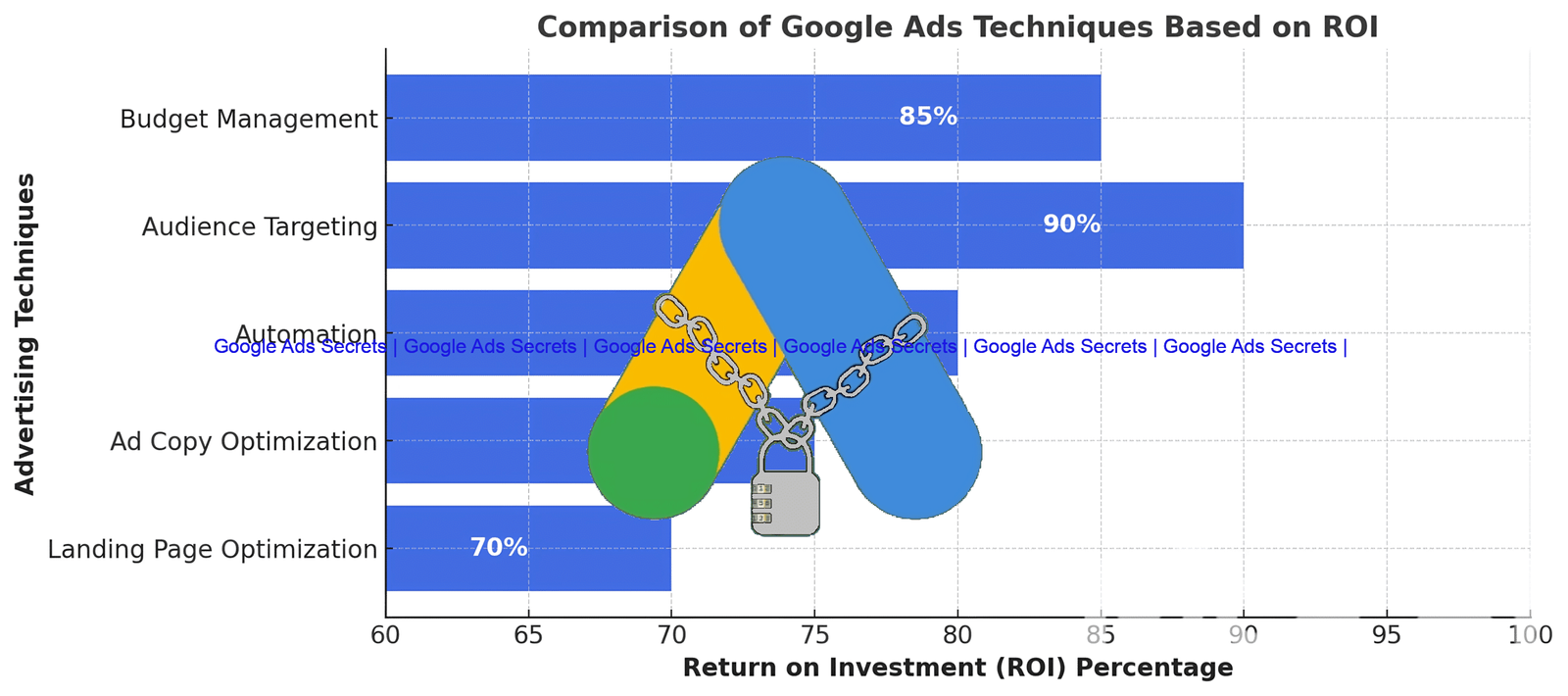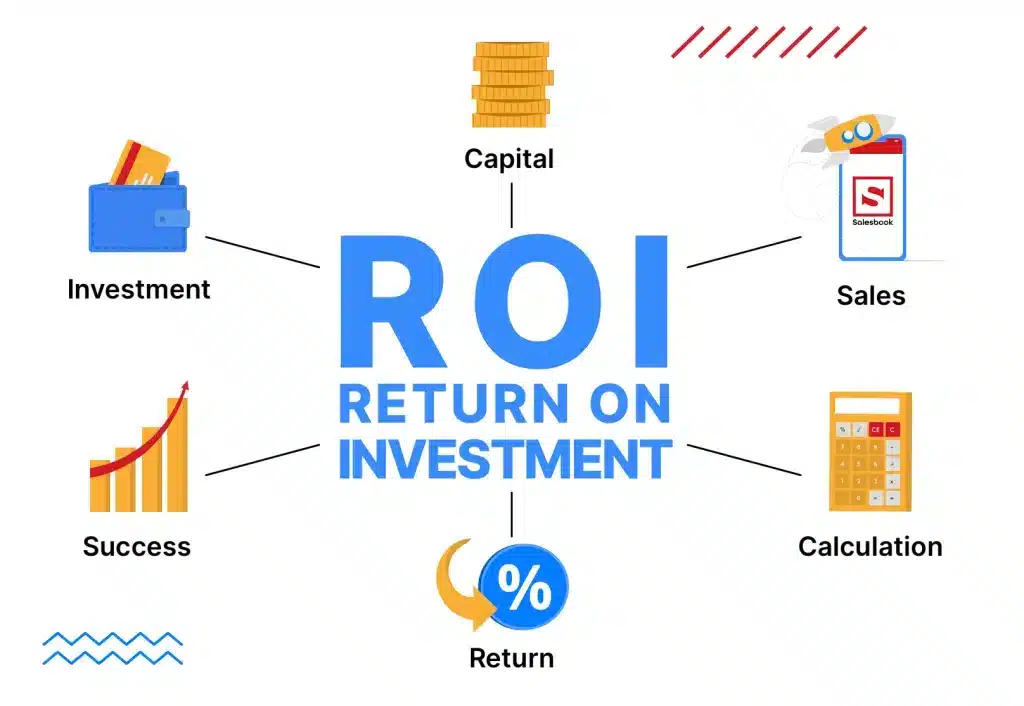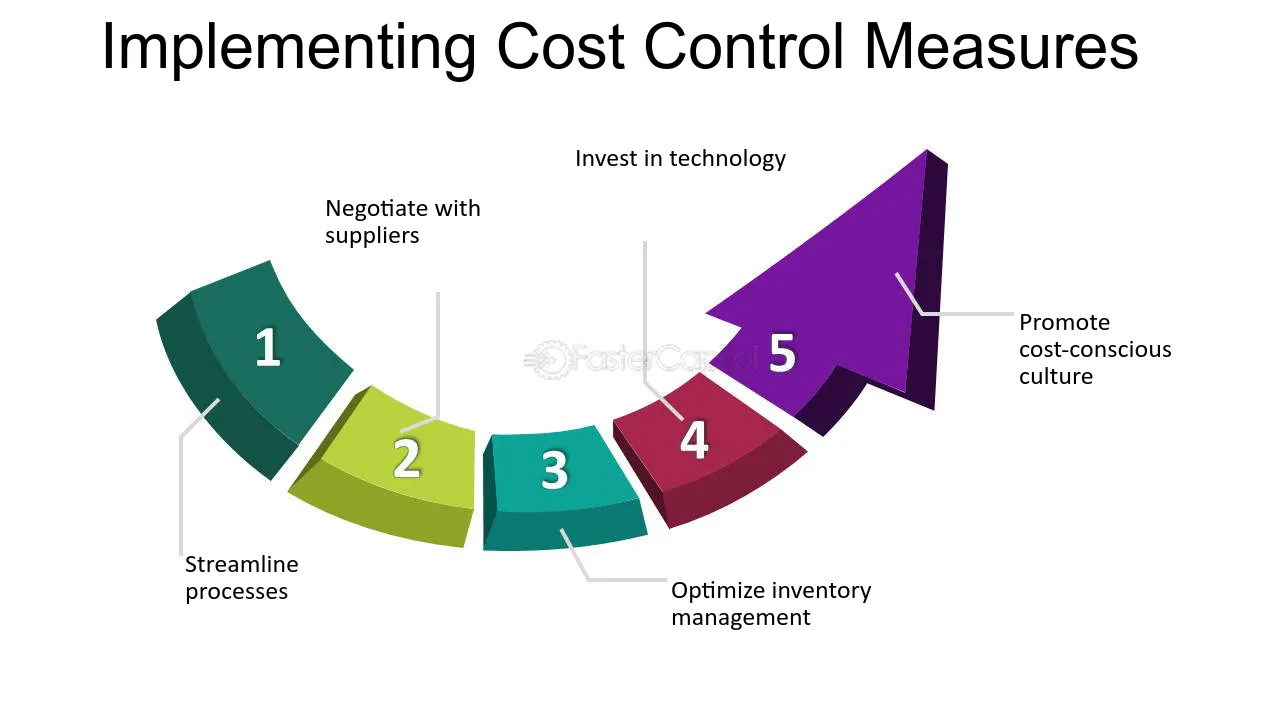Google Ads Expert Vs. Novice Advice
Google Ads Expert Vs. Novice Advice
In the world of digital advertising, understanding the difference between expert and novice advice can be the key to optimizing your Google Ads campaigns. Google Ads Expert Vs. Novice Advice is a focus keyword that highlights the contrasts in strategies, insights, and tactics recommended by experienced professionals compared to those offered by beginners. This article delves into these differences, examines the best practices from seasoned experts, and offers actionable tips to elevate your advertising strategy. Relevant LSI keywords such as “Google Ads expert,” “novice advice,” “PPC strategy,” “ad campaign optimization,” “digital marketing tips,” and “Google Ads tactics” are integrated throughout the discussion.
Understanding the Difference
Expert advice in Google Ads is grounded in years of experience, data-driven insights, and a thorough understanding of market trends. Experts emphasize continuous optimization, precise targeting, and a deep analysis of metrics. On the other hand, novice advice may focus on basic setup and general best practices without the nuanced strategies needed to compete in highly competitive markets.
For more detailed insights into advanced Google Ads strategies, visit our blog or check out Google Ads Secrets.
Expert Strategies for Optimizing Google Ads
- Continuous Testing: Running A/B tests on ad copy, landing pages, and bidding strategies to refine performance.
- Advanced Targeting: Utilizing detailed audience segmentation and remarketing lists to reach high-intent users.
- Leveraging Analytics: Deep analysis of metrics such as click-through rate (CTR), conversion rate, and quality score to drive decision-making.
- Optimizing for ROI: Focusing on cost per acquisition (CPA) and return on investment (ROI) rather than just volume metrics.
Common Novice Mistakes
- Overgeneralization: Using broad match keywords without refining targeting can lead to irrelevant traffic.
- Ignoring Data: Failing to analyze key performance indicators (KPIs) limits the ability to optimize campaigns.
- Basic Bidding Strategies: Relying solely on automated bidding without custom adjustments can result in suboptimal ad placements.
- Lack of Experimentation: Not testing different ad copies or landing pages can hinder the discovery of high-performing elements.
Expert Vs. Novice: Real-World Examples
Consider a scenario where two advertisers run similar campaigns. The expert employs advanced segmentation, A/B testing, and continuous optimization, leading to a higher conversion rate and lower CPC. Conversely, the novice relies on generic settings and broad targeting, resulting in high costs and lower ROI. These examples highlight the value of expert advice in maximizing digital advertising success.
Integrating Data-Driven Decision Making
- Improve Keyword Performance: Identify which keywords deliver the best results and optimize your bidding accordingly.
- Enhance Ad Copy: Use performance data to craft compelling messages that resonate with your target audience.
- Optimize Landing Pages: Monitor user behavior on your landing pages and make adjustments to improve conversion rates.
Calculating ROI: Formulas and Analysis
Understanding and calculating ROI is critical for evaluating the effectiveness of your campaigns. Experts often use specific formulas to determine the profitability of their ad spend. The following image provides a breakdown of the ROI formula, which helps in analyzing how each component affects overall campaign success.
For further analysis and detailed ROI examples, consider exploring resources on Search Engine Journal.
Case Studies and Emerging Trends
Recent case studies have demonstrated that advertisers who follow expert advice see significant improvements in campaign performance. For example, one case study highlighted how a data-driven approach and continuous optimization led to a dramatic decrease in CPC and an increase in conversions.
Another case study showcased the successful implementation of cost-cap strategies that further emphasize the importance of expert tactics. As the digital advertising landscape evolves, emerging trends suggest that the blend of expert insights with advanced technology will define the future of Google Ads strategy.
Looking ahead, the integration of expert-driven strategies with automation and machine learning will continue to refine digital advertising, leading to more effective campaigns and higher ROI.
Conclusion
Understanding the differences between Google Ads Expert Vs. Novice Advice is vital for anyone looking to optimize their digital advertising campaigns. Expert advice, driven by data and continuous optimization, can lead to more efficient spending, lower CPC, and higher ROI. By integrating advanced targeting, A/B testing, and performance analysis into your campaigns, you can overcome the pitfalls of novice strategies and achieve superior results. Embrace the insights of industry experts to refine your Google Ads approach and stay ahead in the competitive digital landscape.
Frequently Asked Questions (FAQ)
1. What is the main difference between expert and novice advice in Google Ads?
Expert advice is based on data-driven strategies, continuous optimization, and advanced techniques, while novice advice often relies on basic best practices without deep analysis or customization.
2. How can following expert advice improve my Google Ads campaigns?
Implementing expert strategies can help lower your cost per click (CPC), improve conversion rates, and ultimately boost your return on investment (ROI) by ensuring that your ads are highly targeted and optimized.
3. What are some key strategies recommended by Google Ads experts?
Key strategies include continuous A/B testing, leveraging detailed analytics for bid adjustments, refining ad copy and landing pages, and implementing cost-cap strategies to manage ad spend effectively.
4. How can I measure the success of expert-level strategies?
You can track metrics such as click-through rate (CTR), conversion rate, CPC, and ROI to evaluate the performance of your campaigns and determine the effectiveness of expert strategies.
5. Where can I find more resources on advanced Google Ads strategies?
For additional insights and advanced strategies, visit Google Ads Secrets, and explore expert content on platforms like Moz and Search Engine Journal.



















